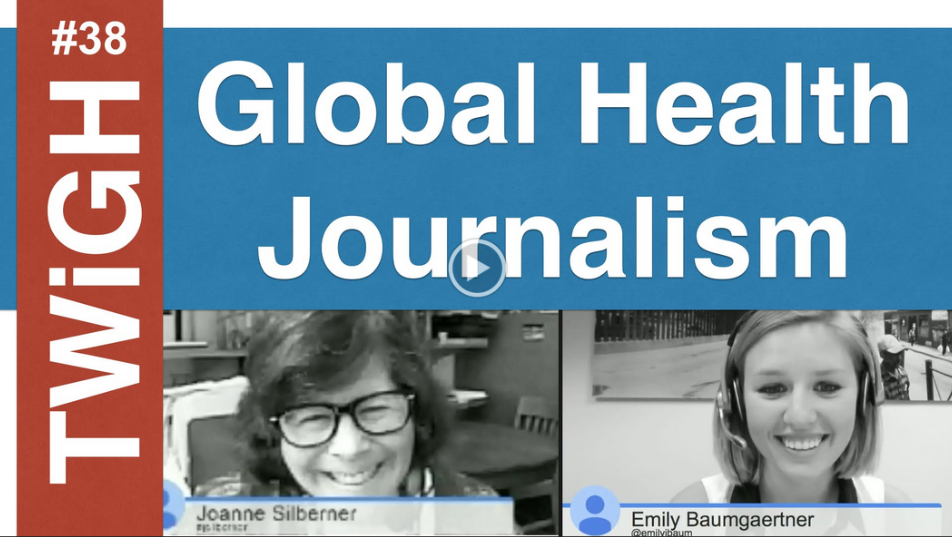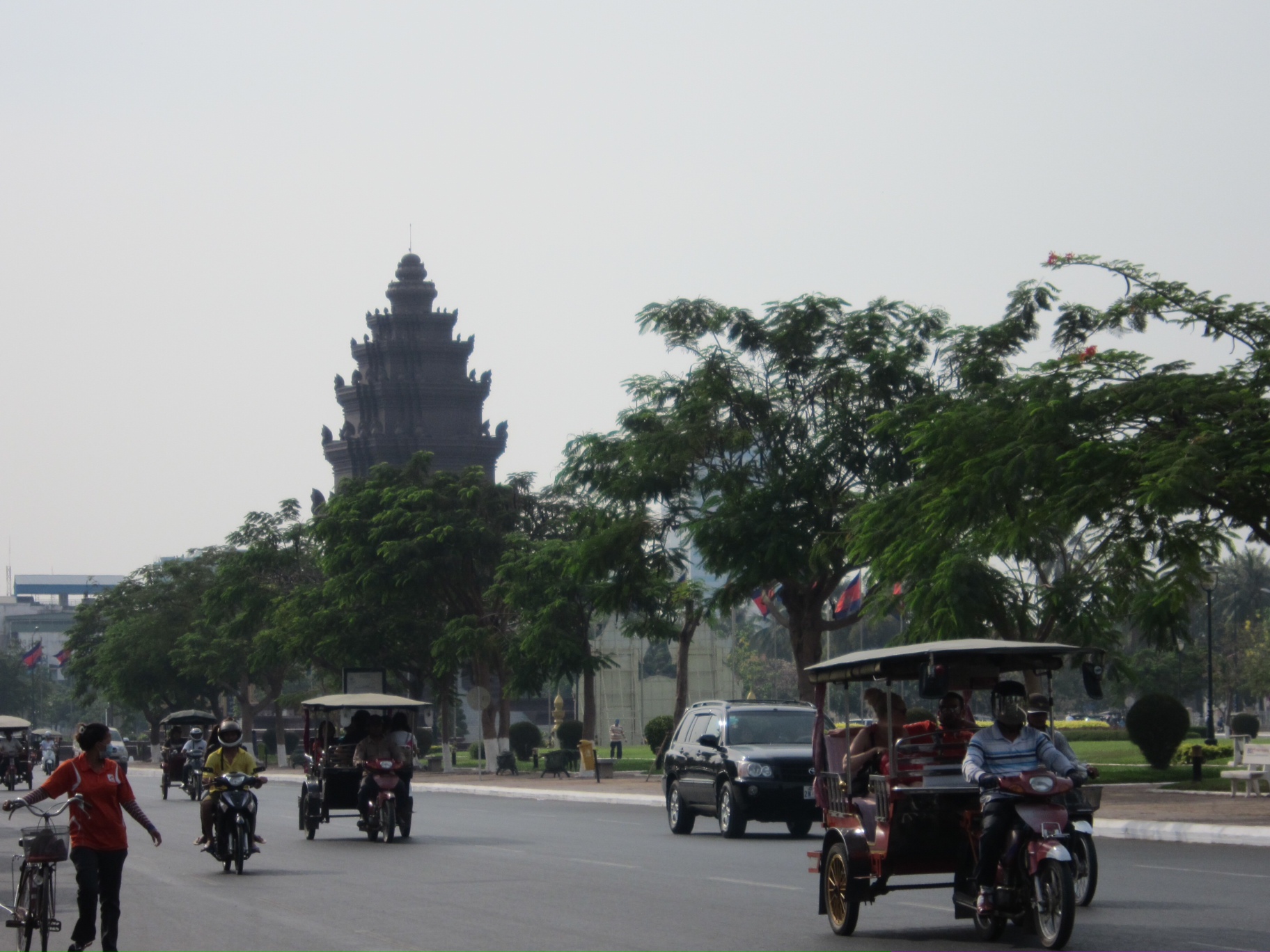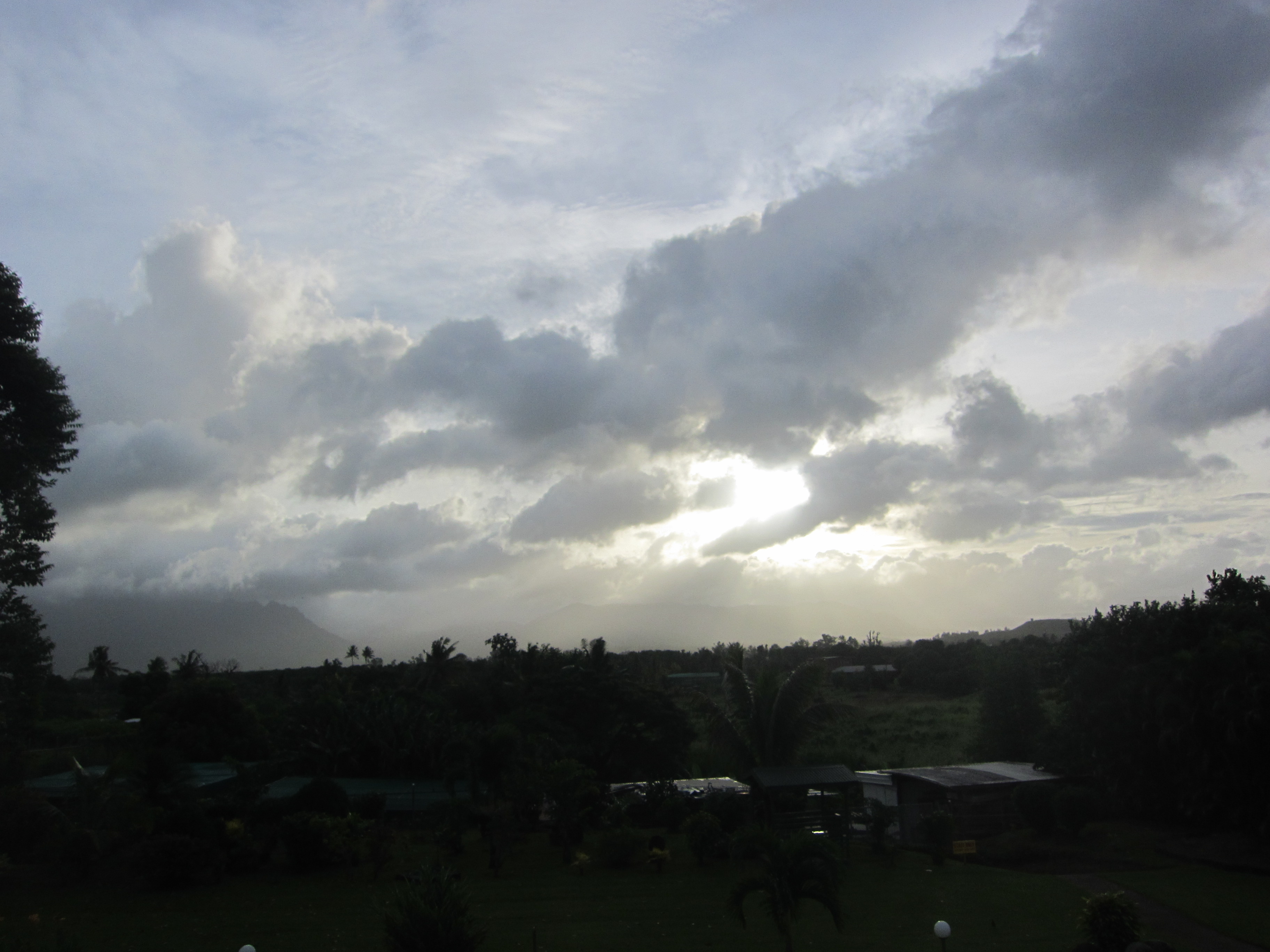
The Pulitzer Center team believes in the intersections between journalism and the sciences. Researchers, healthcare workers, and policymakers rely on reporters to understand and interpret their work for broader audiences. Meanwhile, journalists who dig deeply into subject areas like global health are able to help generate public awareness surrounding disease, rather than simply generating fear.
To demonstrate that partnership, "This Week in Global Health" (TWiGH) invited Pulitzer Center Health Projects Coordinator Emily Baumgaertner and journalist grantee Joanne Silberner to serve as panelists in the June 3, 2015, episode titled "Global Health Journalism." Baumgaertner and Silberner spoke with the TWiGH team members Greg Martin, Kris Ronsin, Sulzhan Bali, and Caity Jackson about the Pulitzer Center's mission as well as field experiences and tips for getting into global health journalism.
"No matter how much excellent progress we're making in the global health field, the average American isn't reading The Lancet on their way to work in the morning," Baumgaertner said during the show. "We need reporters who know their subject area, and who really dig into the subject area and take a nuanced approach."
The discussion also touched on the role of health professionals who want to contribute to global health information. When describing a nurse's coverage of transportation infrastructure issues during the Ebola epidemic, Silberner said, "The first word in public health is public … (The nurse) is there helping individual patients, yes, but she's having an even bigger effect by telling people, 'This is what's going on, and the world needs to be involved.'"
TWiGH is a live online weekly talk show. Other TWiGH episodes can be found on their website here.

Like many poor countries, Cambodia is being hit by hypertension and diabetes epidemics. Most...




